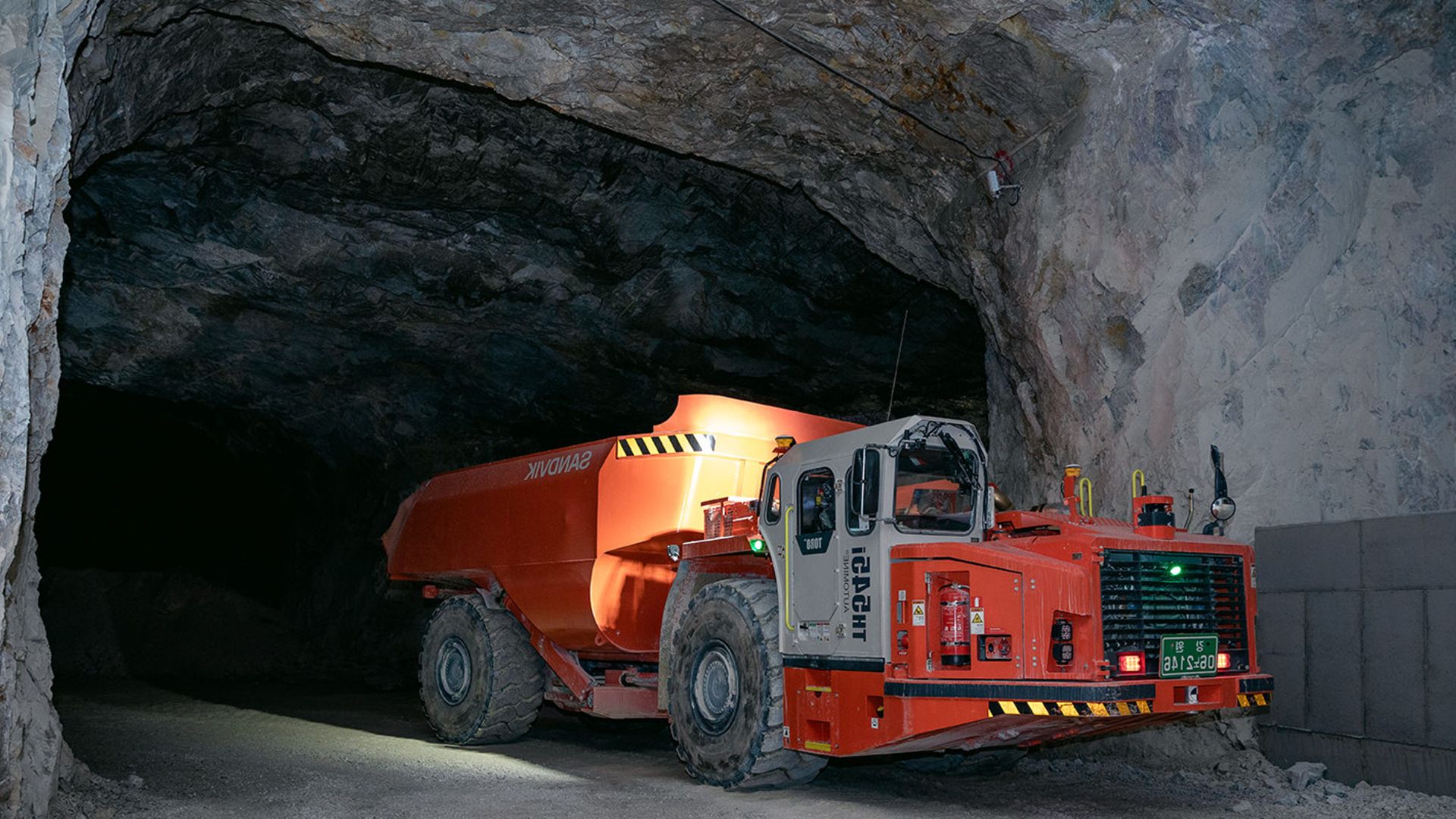Navigating Challenges: South Korea's Mining Industry Seeks Sustainable Growth
- South Korea | 19 March 2023

South Korea, known for its technological prowess and vibrant economy, has a mining industry that plays a crucial role in supporting its industrial sectors. However, the industry faces a unique set of challenges that demand careful navigation and strategic solutions. In this article, we explore the challenges facing South Korea’s mining industry and the efforts being made to achieve sustainable growth.
One of the primary challenges faced by South Korea’s mining industry is its limited domestic mineral resources. The country heavily relies on imports to meet its mineral demands, including coal, iron ore, copper, and other essential minerals. This dependency poses economic and geopolitical risks, as global market fluctuations and supply disruptions can impact resource availability and prices. Developing strategies to diversify mineral sources and reduce dependence on imports is crucial for the long-term sustainability of the industry.
South Korea, with its dense population and limited land area, faces significant challenges related to land availability for mining activities. The competition for land resources often leads to conflicts between mining operations and other land uses, such as agriculture, residential areas, and environmental conservation. Balancing the need for resource extraction with environmental preservation and sustainable land use practices is a complex task that requires careful planning, regulatory oversight, and stakeholder engagement.
The mining industry worldwide is experiencing a rapid transformation driven by technological advancements and automation. However, South Korea’s mining industry lags behind in terms of adopting advanced mining technologies. The industry needs to invest in research and development to embrace innovations such as autonomous mining equipment, remote sensing, and data analytics. Implementing advanced technologies can enhance operational efficiency, improve safety, and reduce environmental impact. Collaboration between mining companies, research institutions, and technology providers is vital to drive innovation in the sector.
Mining operations can have significant impacts on local communities, including concerns related to noise, dust, water pollution, and displacement of communities. Achieving social acceptance requires proactive community engagement, transparent communication, and sustainable development practices. South Korea’s mining industry must prioritize building trust with local communities, establishing mutually beneficial partnerships, and implementing responsible mining practices to address social and environmental concerns.
The regulatory framework and permitting process in South Korea’s mining industry pose challenges for both domestic and foreign investors. The complex and time-consuming regulatory procedures can hinder investment and project development. Streamlining the regulatory framework, reducing bureaucratic barriers, and providing clear guidelines for environmental compliance and permitting processes are necessary to attract investment and facilitate responsible mining activities.
South Korea’s mining industry operates in a competitive global landscape, where international players offer diverse mineral resources and advanced mining technologies. To remain competitive, the industry must adapt to changing market dynamics, global trends, and emerging technologies. Collaborative research and development efforts, international partnerships, and knowledge exchange with other mining-intensive nations can help South Korea stay abreast of global developments and enhance its mining capabilities.
South Korea’s mining industry faces a range of challenges that require innovative solutions and collaborative efforts. By addressing the limited domestic mineral resources, promoting technological advancements, prioritizing sustainable development, and enhancing stakeholder engagement, the industry can overcome its challenges and strive towards sustainable growth. Embracing responsible mining practices, investing in research and development, and fostering partnerships will not only strengthen the industry but also contribute to South Korea’s economic prosperity, resource security, and environmental sustainability. With a strategic vision and collective action, South Korea’s mining industry can navigate the challenges it faces and shape a future that balances economic growth with environmental stewardship.








